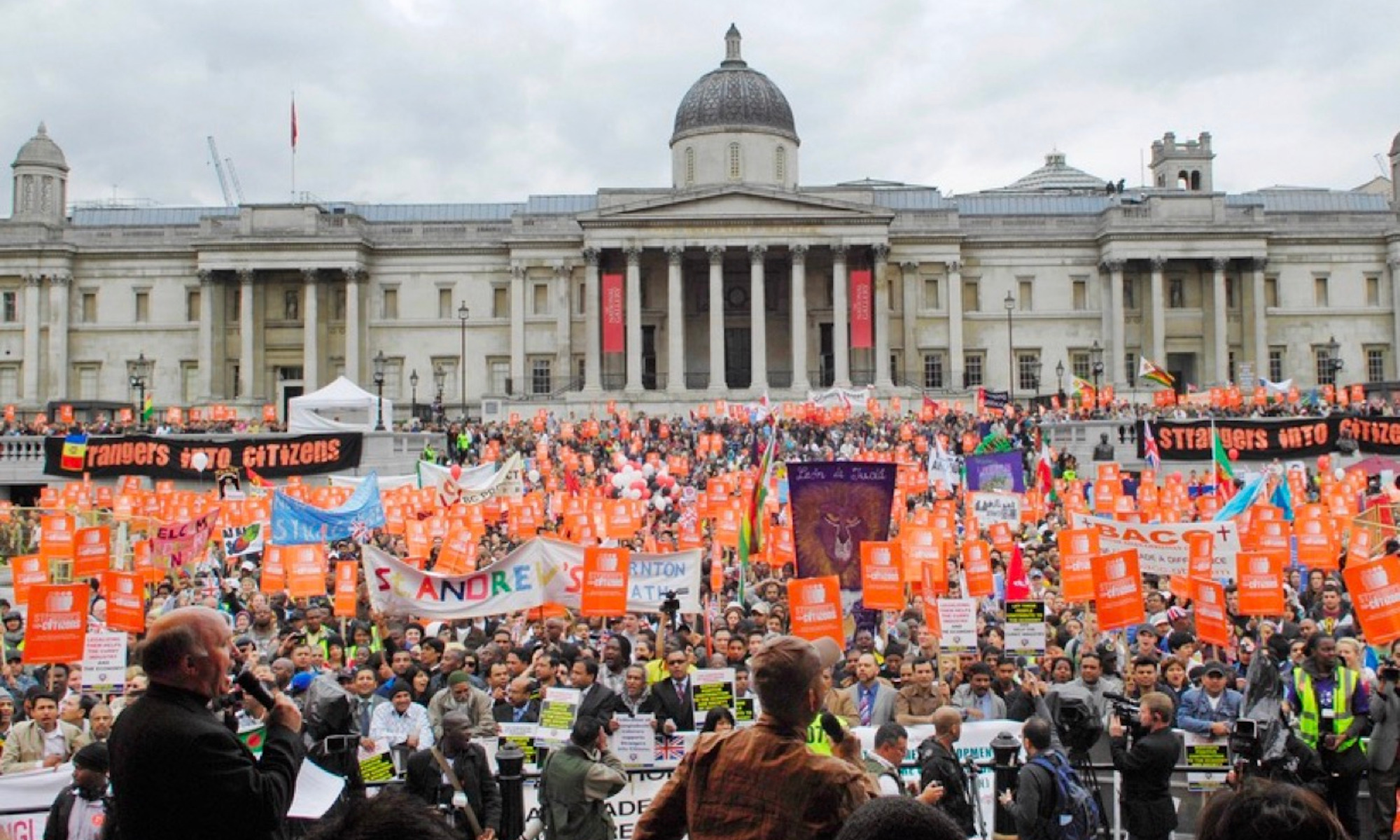The historical moment of the 19thcentury as well as the geographical of the east end is clearly presented through Zangwill’s soup kitchen scene. The passage comes from the first chapter of Children of the Ghetto, following a prologue which described life in the ghetto and the strong personal and religious community that was found there in the past. The contrast between the community seen in the prologue and in the first chapter is incredibly strong. In the past, rich individuals (the Takeefin) “gave charity unscrupulously” to the poorer members of their community but in the first chapter we see “the President addressed the meeting at considerable length, striving to impress upon the clergymen and other philanthropists present that charity was a virtue.” While not stated directly, in the passage above Zangwill appears to be mocking the new generation of Takeefin who seemingly need the poor to validate their charitable acts in order to perform it which undercuts the basis of their charity I believe that the rich’s attitude towards charity was less condescending and came more from a genuine desire to help others in past generations as the community was congregated in closer proximity to one another and the rich felt a connection to the people that they were serving. In the passage I discussed above, the rich have transformed from a helpful neighbor to a semi-divine because the community is no longer as closely in touch spiritually or geographically. In the time period of the book, the rich lived “far away” in neighborhoods like Belgravia while the larger poor community was left in Spitalfields as opposed to when nearly all of the Jewish population of London was living in Whitechapel. The passage illustrates the effects that decentralizing the Jewish community has taken on the feeling of community and the spiritual reasons for upholding Jewish values.

